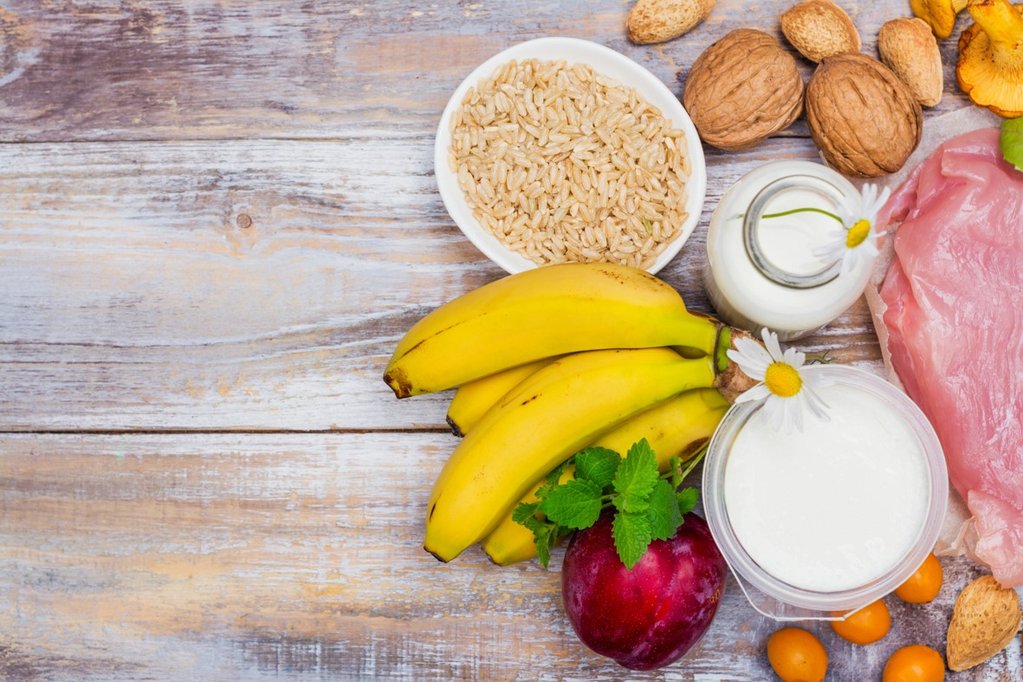It’s not just what we eat that affects our sleep quality…it’s when we eat that counts!

Research has demonstrated that diet has a greater impact on our sleep patterns than was previously understood. Nutrition plays a vital role in our overall health and has a bidirectional relationship with sleep quality.
Adopting chrono-nutrition strategies, and aligning meal times with our internal body clock to optimise digestion, metabolism, and overall health, has been shown to contribute to better sleep and reduced risk of metabolic disorders.
Research on shift workers, who consume a significant portion of their daily calories at night, has shown notable changes in gut microbiome composition, which has been linked to circadian rhythm disruption and poor sleep quality. However further research is needed to explore this connection more deeply.
Moreover, chrono-nutrition studies suggest that individuals with irregular eating patterns face a higher risk of obesity and metabolic syndrome compared to those with regular meal routines.
So, what does this mean in practice?
A review of the timing of food intake and obesity examined global eating patterns and revealed some interesting trends.
In Eastern Europe, people tend to consume their calories evenly throughout the day. Whereas in North America and Northern Europe, a significantly larger portion of daily calories were taken in the evening. While in Southern Europe, lunch is typically the most energy-dense meal of the day.
In line with previous weight-loss studies, the review concluded that consuming a larger meal later in the day may increase the risk of obesity. However, the authors note that more research is needed to validate these findings as chrono-nutrition is still an emerging field of science.
The take-home message seems to be, that eating dinner too close to bedtime, especially within two hours, can negatively impact sleep quality and influence weight gain.
This message applies equally to children and parents. Try to time your child’s last meal to finish two hours before sleep.
Just to mention other factors beyond diet are also important, such as exercise
Have you tried adjusting your meal times for better sleep?
If you would like to speak to one of our sleep consultants about how you can guide your baby or child towards better sleep, please reach out today. We can chat with you about how we can help offer practical and gentle sleep strategies.
Feel free to give us a call if you’d like to chat about your little one’s sleep! We’re here to help.
Written by Mandy Gurney RGN.RM.Dip HV.








